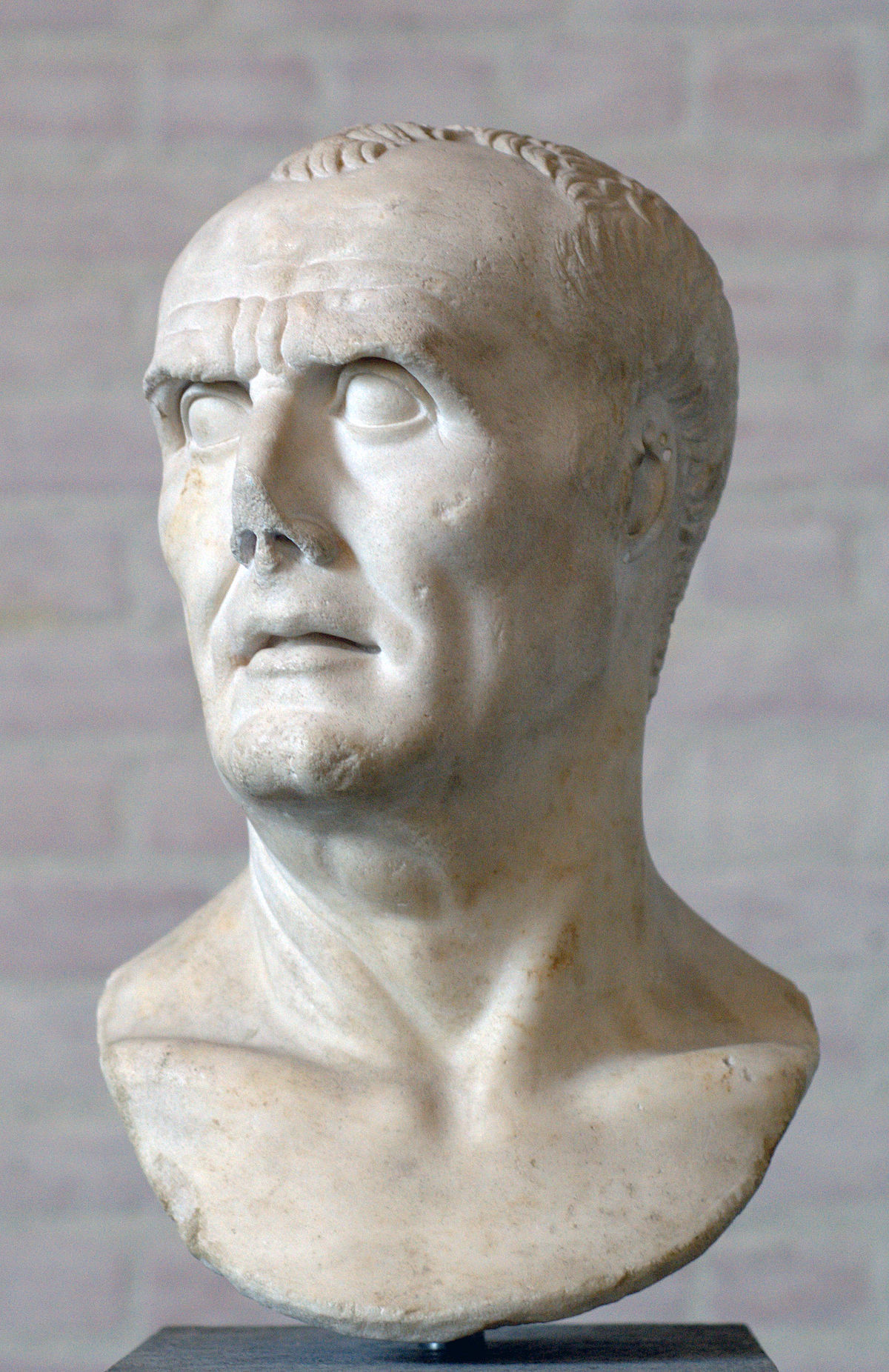Velleius Paterculus 2.28
“The evils of the civil war seemed to have ended when they were rekindled by Sulla’s cruelty. Once he was made dictator—and this honor had been avoided for a hundred and twenty years since the last time it had been used was one year after Hannibal quit Italy—and it is obvious that the fear which prompted the Roman people to want a dictator was less than how much they feared his power. As dictator, Sulla applied the power which earlier dictators had used only to save the country from the greatest dangers with unmeasured degrees of savagery.
He was the first—and I wish he had been the last—to discover the model of proscription with the result that in the same state in which legal recourse is available to an actor booed from the stage, in that state a price was set for the murder of a Roman citizen: he would have the most who killed the most! The reward for the killing of an enemy would be no greater than for the murder of a citizen.
In essence, each man was valued for the price of his own death. Such savagery was applied not only to those who had carried arms against them, but against many innocents too. In addition to this, the goods of the proscribed were offered for sale: children already deprived of their father’s goods were also prohibited from the right of seeking public office and, the most unjust thing of all, they had to maintain the standards of their social rank without recourse to the rights.”
Videbantur finita belli civilis mala, cum Sullae crudelitate aucta sunt. Quippe dictator creatus (cuius honoris usurpatio per annos centum et viginti intermissa; nam proximus post annum quam Hannibal Italia excesserat, uti adpareat populum Romanum usum dictatoris haud metu desiderasse tali quo timuisset potestatem) imperio, quo priores ad vindicandam maximis periculis rem publicam olim usi erant, eo in inmodicae crudelitatis licentiam usus est.3 Primus ille, et utinam ultimus, exemplum proscriptionis invenit, ut in qua civitate petularitis convicii iudicium histrioni ex albo redditur, in ea iugulati civis Romani publice constitueretur auctoramentum, plurimumque haberet, qui plurimos interemisset, neque occisi hostis quam civis uberius foret praemium Geretque quisque merces mortis suae.4 Nec tantum in eos, qui contra arma tulerant, sed in multos insontis saevitum. Adiectum etiam, ut bona proscriptorum venirent exclusique paternis opibus liberi etiam petendorum honorum iure prohiberentur simulque, quod indignissimum est, senatorum filii et onera ordinis sustinerent et iura perderent.








